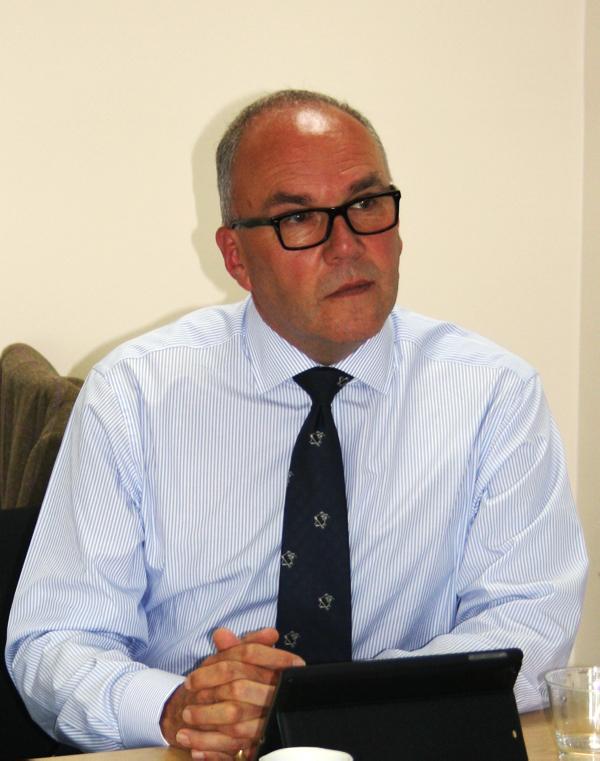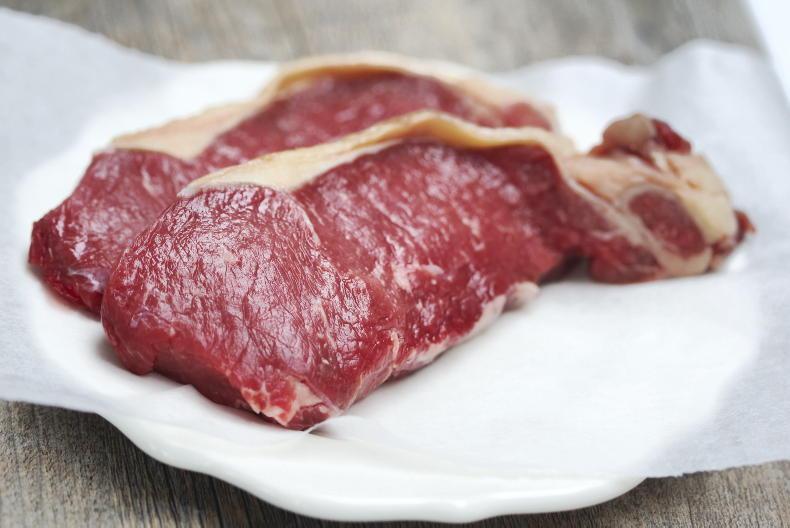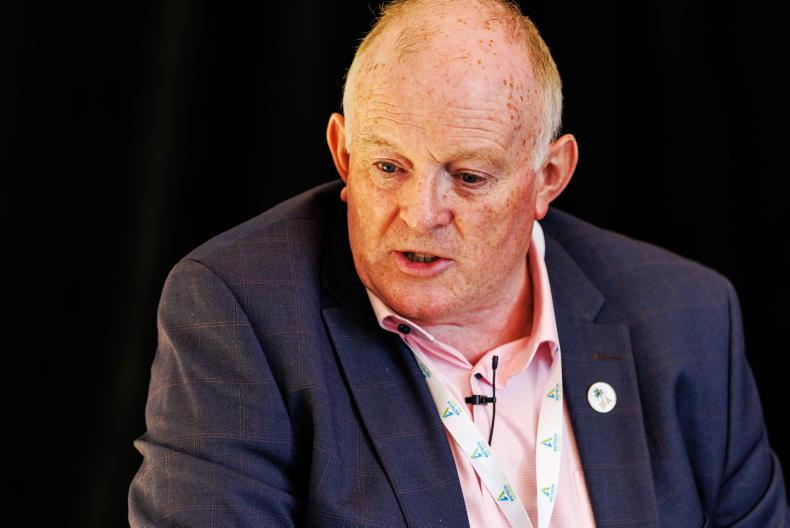Mole Valley Farmers, the farmer-owned co-op, has grown 11% per annum over the last decade. The £400m turnover business is now Britain’s largest rural buying co-operative.
Andrew Jackson, CEO of Mole Valley, told the Irish Farmers Journal that Irish farmers are paying too much for their inputs, Ireland lacks real competition and retailers are being positioned by manufacturers and importers.
Mole Valley Farmers was formed in 1960 by a group of Devon farmers concerned about the discriminatory practices and the large margins being taken by input suppliers.
With almost 8,000 shareholders today, the company operates an agri-supply retailer network across Britain, five feed mills, a specialist feed supplement mineral plant, and a farm building engineering division. In 2006 it formed a joint venture with Timac to blend and supply specialized fertilizers in Britain. In recent years, it has also added a veterinary practice.
The business model has evolved around the farmer customer. The co-op has developed a business of scale which supports its buying power and in turn enables it to reduce farm input costs.
Jackson says: “If you strip it all away, Mole Valley is a buying group that needs scale to deal with the ever-reducing number of supply companies.
“The farmer is being squeezed and because of this consolidation we will be positioned if we don’t grow and scale.”
Jackson says the only sustainable future for the farmer is to have control of his supply chain.
He believes that being farmer-owned is a must in today’s environment. He maintains that the co-op’s presence creates a competitive environment, stressing it is pro-profit. Competitive inputs are the unique selling point for the business, and he says they love competing, even though the cost of doing so continues to rise. They benchmark agri prices every quarter and last year were 8-11% cheaper across a broad range of inputs.
The business has an overall gross margin of 14% and Jackson stresses this is significantly lower than its competitors, which typically operate gross margins of between 24% and 30%. This further demonstrates the co-op’s focus on delivering value back to farmers.
He added that “there is no natural growth happening in these markets. The future is taking market share from competitors – this is a war of attrition”. He believes that if Mole Valley closed in the morning, prices would go up.
It’s a tricky balance for Jackson. He must work to strong co-operative principles, search for areas to influence, strive to balance value to members and customers, while enabling the business to generate sufficient profit.
Asked what his basic measure of success is, he replied: “It’s simple – we listen to our farmer customers, and they tell us if we are doing it right or wrong.”
He maintains that not having a milk processing and marketing arm removes distraction and allows management to focus on core principles of input buying and keeping prices low.
He questions why the buyer group model, which can deliver real value to farmers, has not developed in Ireland. He also believes that inputs may actually be dragging down Irish dairy co-ops’ profitability, while taking management time and focus off their core activities of being efficient milk processors.
Mole Valley Farmers operates a one share equals one vote policy. The board is made up of eight non-executives all whom derive their main income from farming. They don’t pay dividends, believing that this is given up front in the actual price. All members are treated the same and there are no special prices. However, they do operate a loyalty rebate scheme
Serving over 6,000 customers daily, rural stores make up almost 50% of sales with gross margins of 20%. Their flagship store is at South Molton. Stocking over 23,000 products, it has a turnover of £17m and is the largest farm shop in the country.
And the co-op doesn’t stand still. Aware of the growing online channel, last year they launched a website which had two million visitors and is expected to sell almost £1m this year.
The group has grown through acquisitions, buying businesses that were unwanted and financially in trouble at knockdown prices. Essentially, it bought businesses it understood knowing it could turn them around by combining back-office elements, therefore bringing synergies.
Describing how they make acquisitions, Jackson affirms “never be afraid to walk away from a deal”, adding that you must “keep egos and vanity out of it”. He says that if it isn’t right for the business, don’t acquire it for the sake of it.
His vision is to build a one million tonne feed business by 2016 and to be a £1bn turnover business by 2020. The co-op’s most recent acquisition, Farmway, extends its trading to the Scottish borders so it has moved well beyond its southwest roots.
It is impressive how Jackson and his team have managed to return value in their prices to farmer members, while also generating cash to grow the business at 11% per annum over the past decade. By focusing on its core purpose and not being distracted by a processing arm, the co-op has grown into a profitable business of scale while remaining true to its founding principles.
The Irish Farmers Journal visit to Mole Valley co-op was part of a UK study tour organised by the Agricultural Science Association (ASA).










SHARING OPTIONS